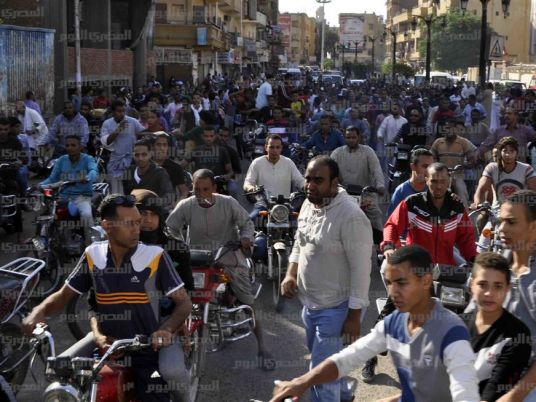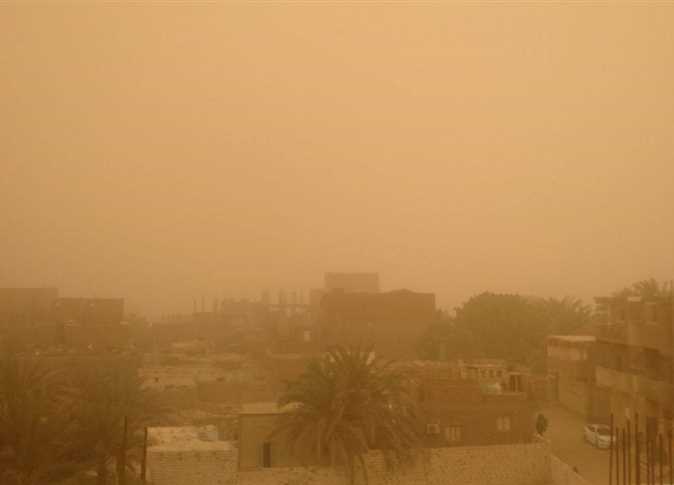
The Socialist Popular Alliance Party has called for the dismissal of the interior minister and announced its solidarity with the Luxor and Ismailia residents against the torture of detainees at police stations.
The party said in a statement on Sunday that the torture and killing of citizens inside police stations are not individual incidents, but an old policy the police started to use again to spread fear among people.
"The (police uses) an old but newly accredited official policy that aims to spread fear among people after they overcame this fear following the January revolution. It also underlies a desire to take revenge on the people for causing the revolution," the party said in a statement Sunday.
The statement called for restructuring the Interior Ministry so as to abide by human rights and the law.
In a related context, Tagammu Party leader Hussein Abdel Razeq also criticized the Interior Ministry for "taking advantage of the people's solidarity with the police against terrorism in order to reinstate old crimes against the people."
He called for holding the policemen accountable for their direct or indirect involvement in torture incidents, as well as increasing the severity of the punishment against them.
Abdel Razeq requested that torture be considered a crime against morality, so that policemen who commit torture cannot return to work after serving their sentences.
Hundreds of citizens protested in Luxor on Friday, condemning the death of a fellow villager after his alleged torture by police.
People believe Taha Shabib, 47, was beaten to death hours after his arrest from a local coffee shop in Awamiya district on Wednesday. His family learned he was dead upon his transfer to Luxor’s International Hospital.
The incident sparked violent clashes between police and citizens enraged by Shabib’s death on the same day.
In Qalyubiya, the family of Amr Abu Shanab accused officers at Shibin al-Qanater police department of beating their son to death. The officers denied the accusations during interrogations by the prosecution, arguing that Abu Shanab had been arrested for theft and had also been escaping a previous sentence. The officers said the victim had hepatic issues and died of a coma while medics were trying to save his life.
Abu Shanab’s lawyer, however, accused the police officers of beating his client with hoses and gun heels to wring out information about a theft.
In Ismailia, a police officer raided a pharmacy and assaulted its owner, Afifi Hosni, before taking him to the police department and assaulting him again, leading to his death. The incident prompted the Interior Ministry to suspend the officer from work pending an investigation into the incident.
Hosni’s death prompted an association of medical professions in the province to issue a statement urging Egypt’s President Abdel Fattah al-Sisi to “intervene to save the country from police violations”.
The reason behind the police raid is still unclear.
At the Sixth of October suburb, west of Cairo, a traffic policeman was remanded into custody for four days pending investigations over allegations that he had violently beaten a microbus driver and threatened to fabricate a drug possession to incarcerate him.
Investigations by prosecutors revealed that Hassan Gomaa, the driver, was driving school students when he was stopped by the police officer who was also taking his son to school. According to video clips filmed by the students’ parents, the officer swore at the driver before punching him in the face and threatening to frame him with a drug possession. He was apparently angered because the driver blocked his way with his microbus.
The officer took the driver to a police station to document the fabricated drug possession, but the parents, siding with the driver, submitted their video footage. Officers at the department searched their accused colleague and found the alleged drug packet in his possession.
Edited translation from Al-Masry Al-Youm




